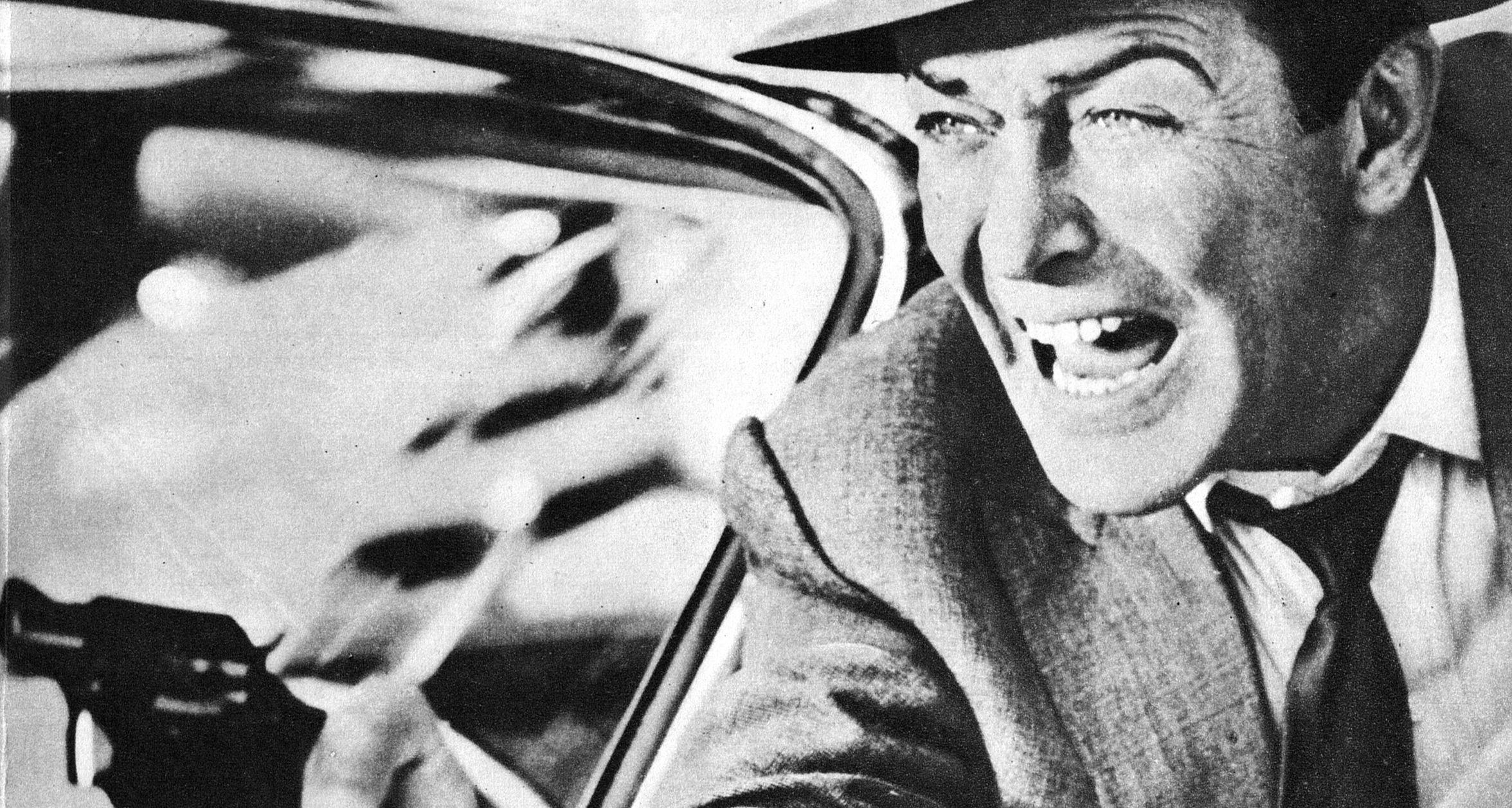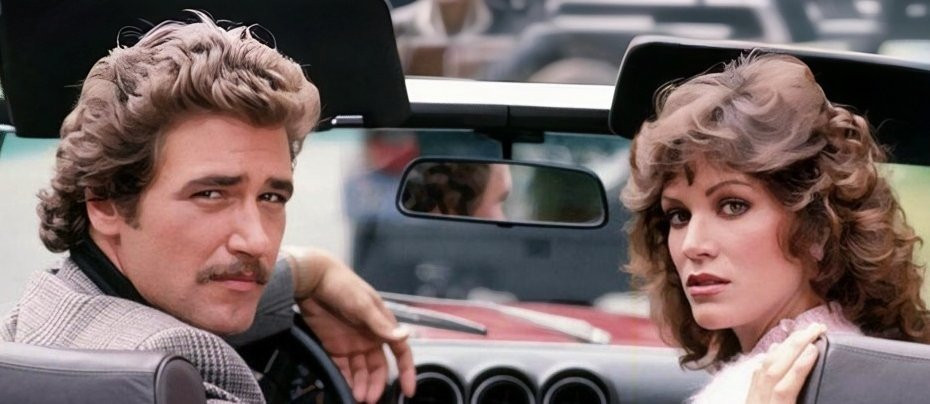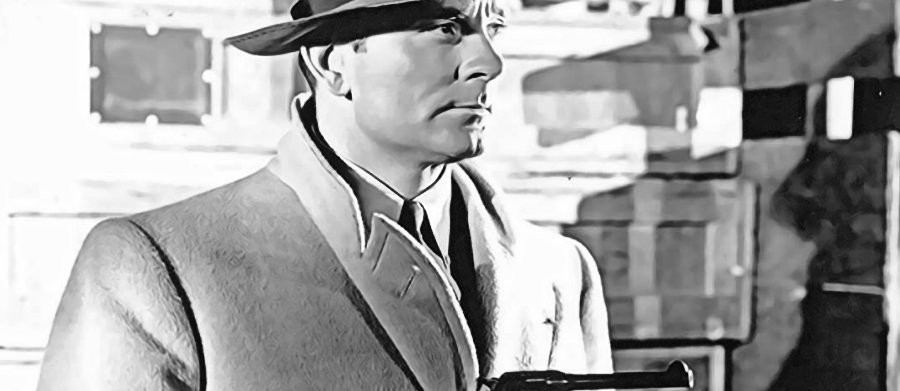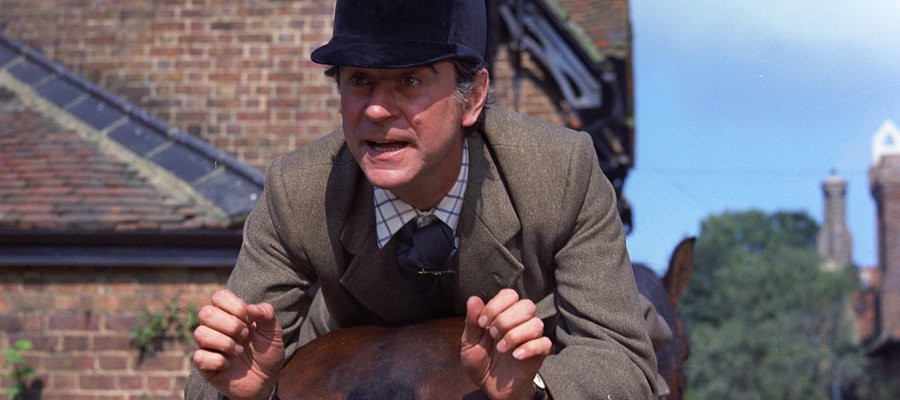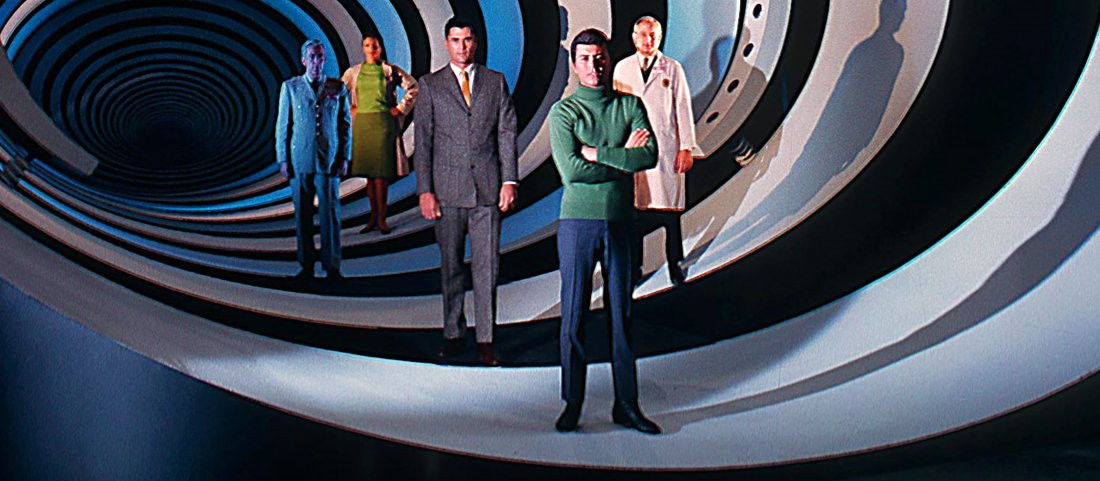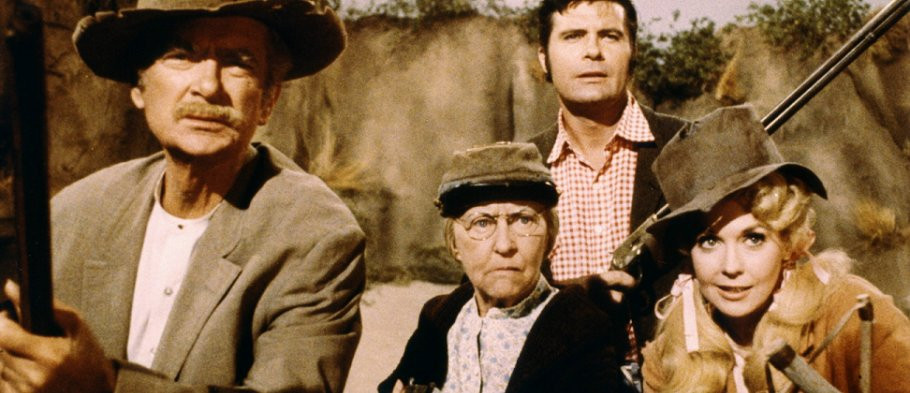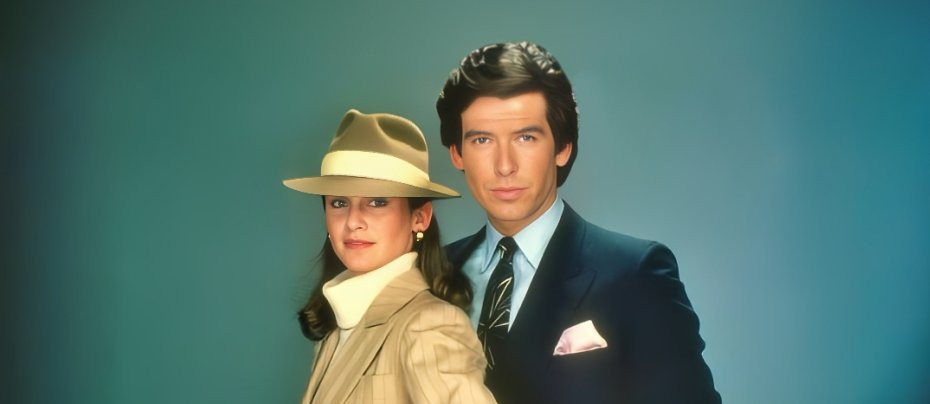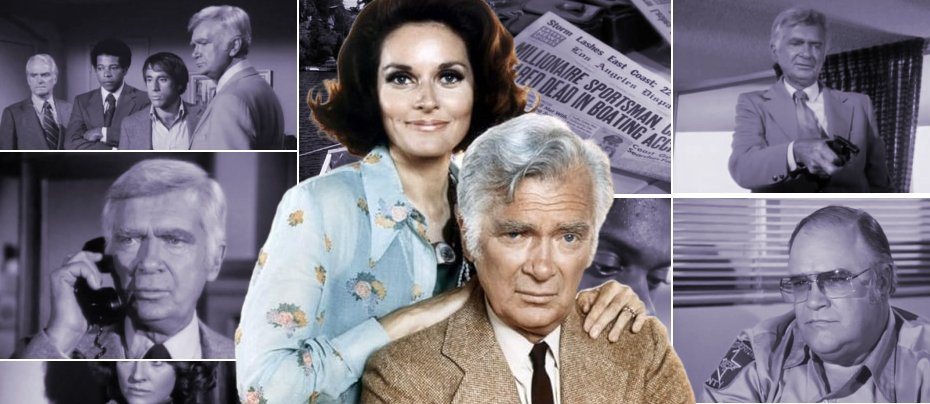
Barnaby Jones
1973 - United StatesReview by Laurence Marcus
In the landscape of 1970s television, detective shows were abundant. However, Barnaby Jones distinguished itself by presenting an unconventional protagonist. Jones, portrayed with effortless charm by Buddy Ebsen, was far from the archetype of a tough, street-smart private eye. Instead, he was a retired private investigator, drawn back into the business following the murder of his son, Hal. Barnaby’s age and experience set him apart from his contemporaries; he was a detective with wisdom, patience, and a grandfatherly demeanour that belied his sharp intellect and determination.
This departure from the typical hard-nosed detective added a layer of depth and warmth to the series. Jones’ advanced age was not portrayed as a weakness but rather as a source of strength. His investigative methods were thorough and meticulous, almost Columbo-like, often relying on intellect and reasoning rather than physical confrontation. This approach made Barnaby Jones feel more like a cerebral puzzle, where the audience could engage in the mystery alongside the protagonist, rather than merely watching action unfold.
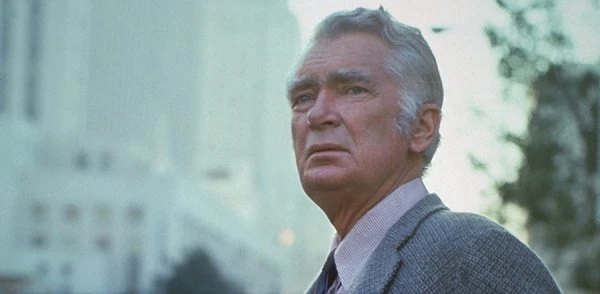
Ebsen, already a well-established actor with a career that spanned several decades, and best known to audiences as the patriarch of a hillbilly family who struck it rich in the long-running sitcom The Beverly Hillbillies, brought the same natural charisma and authenticity to the serious role of Barnaby Jones as he did to that of the comical and often bewildered Jed Clampett. His gentle yet authoritative presence made Barnaby Jones a character audiences could easily root for. Ebsen’s ability to convey a range of emotions—from the deep sorrow of losing his son to the quiet satisfaction of solving a case—added layers to Jones’ character, making him more relatable and human.
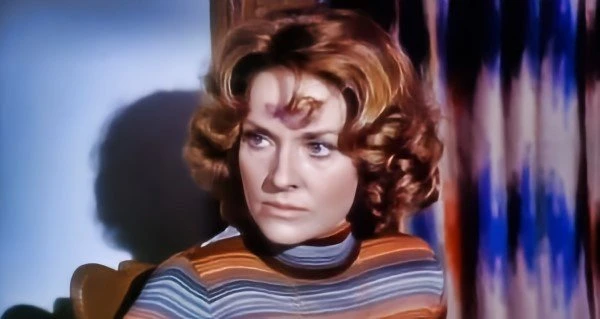
Ebsen’s chemistry with the supporting cast, particularly Lee Meriwether as Betty Jones, Barnaby’s daughter-in-law and investigative partner, was another highlight of the series. Betty, played with a blend of grace and determination by Meriwether, who was also a familiar face on US television having played scientist Dr Ann MacGregor in the 1960s sci-fi series The Time Tunnel, and who had briefly donned the costume of Catwoman in the high-camp movie Batman, complimented Barnaby’s character perfectly. Together, they formed a formidable team, with Betty often taking on the more physically demanding aspects of investigations, while Barnaby provided the keen analytical mind.
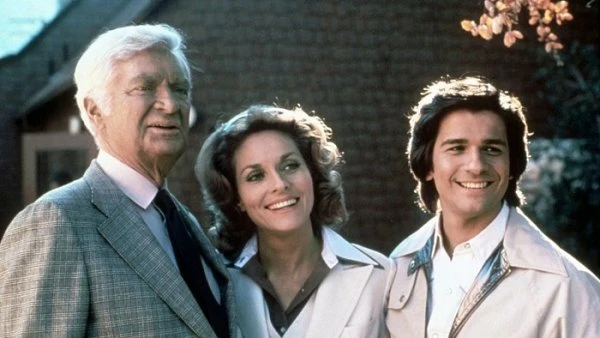
Adding a youthful dynamic to the series halfway through its run, was actor Mark Shera as Jedediah Romano “J.R.” Jones, who came to Los Angeles from Chicago to solve the murder of his father, a retired police officer, who was Barnaby’s cousin. Once the case was closed, he decided to stay on and become part of the team, often helping with the legwork and more action-oriented tasks. Shera had previously starred in the action crime series S.W.A.T. as Officer Dominic Luca.
The other regular character in the series was John Biddle, a police lieutenant who often interacted with Barnaby during investigations. While initially sceptical of Barnaby's methods, Biddle grew to respect and value Barnaby's contributions. John Carter played this role, adding a layer of official law enforcement to the show's dynamic. Carter also directed two of the series’ episodes.
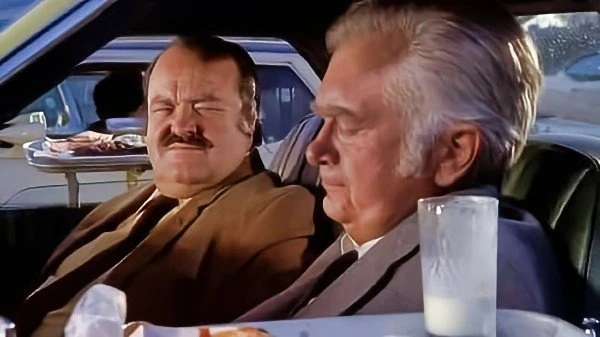
The first episode of the show, Requiem for a Son, featured a crossover with Cannon, with William Conrad guest-starring as detective Frank Cannon. Both shows came from the extensive production line of Quinn Martin’s QM Productions company.
Barnaby Jones was ordered as a midseason replacement on the CBS Network but soon established itself as a popular entry into the ‘case-of-the-week’ cop/private investigator genre and more than held its own against tough opposition – the aforementioned Cannon, Kojak, Hawaii Five-0, Lou Grant, The Streets of San Francisco, Charlie's Angels and Quincy M.E. all vied for a share of the ratings during that period.
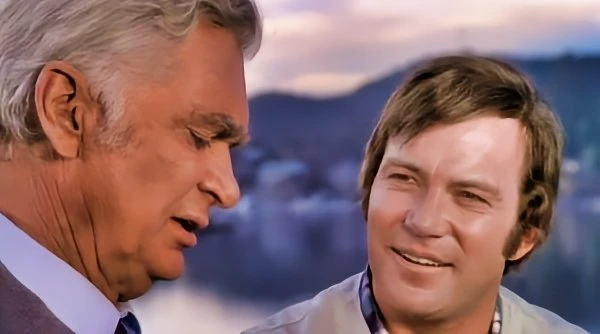
Barnaby Jones featured a wide array of cases that kept the series engaging and diverse throughout its eight-season run - murder, missing persons and kidnappings, organised crime, blackmail and extortion – all reared their ugly heads. It also boasted a selection of familiar guest stars such as William Shatner, Bill Bixby, Margot Kidder, Roddy McDowall, Stefanie Powers, Morgan Fairchild, Ed Harris, Tommy Lee Jones, Vera Miles, Sean Penn, Leslie Nielsen, Larry Hagman, Tyne Daly, John Vernon and Nick Nolte.
Formulaic? Certainly. Adhering to a well-defined structure that was typical of many detective shows of its era, Barnaby Jones’ approach was a significant factor in its appeal to viewers. This formulaic approach worked well within the context of 1970s television, appealing to audiences who valued familiarity and the comfort of a well-told, self-contained story each week.
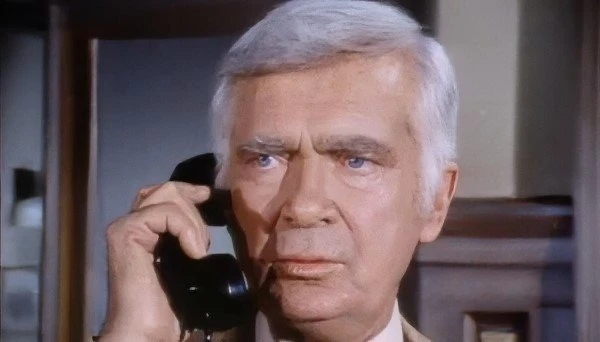
Each episode typically began with a brief scene that introduced the central crime or mystery, often involving a murder or some other unlawful incident. Following this, a client—often a friend or relative of the victim—would contact Barnaby Jones to hire him to investigate. Barnaby would then begin that investigation, gathering clues and interviewing potential witnesses or suspects.
As he delved deeper into the case, Barnaby would typically confront persons of interest, often leading to tense or dangerous situations. There would then be the obligatory plot twist or red herring that would momentarily mislead the audience and (hopefully) add to the suspense until finally, Barnaby would unravel the mystery, often confronting the culprit in a climactic scene where the truth was revealed.
Barnaby Jones was indeed formulaic; this structure was a key component of its success. The show provided viewers with consistent, satisfying mysteries, anchored by the reliable and steady presence of Buddy Ebsen as the main character. But as Buddy Ebsen approached his mid to late 70s, he felt the need to slow down somewhat from the demanding shooting schedule of the show. Meriwether's and Shera's characters became more prominent and Ebsen's involvement was limited to no more than episodic cameos. It worked. For series six and seven the ratings went up - but as we all know, whatever goes up...
Series eight came down with an almighty crash and the Network cancelled the show with the last episode going out in April 1980. As the 1980s began, so the landscape of television and the demands of viewers and viewer habits began to change – home video recorders meant that the humble television watcher no longer had to watch television…well, not when programmes were actually being broadcast. There was now a choice of when you wanted to watch your favourite programmes, but there was no way for the networks to identify which shows were being recorded or when they were being watched. Streaming and ‘on demand’ television would eventually resolve that issue but that was still far into the future. Viewing figures were on their way down wherever VCRs were available.
After Barnaby Jones, Buddy Ebsen made occasional television appearances, often guest starring in other popular TV shows. He appeared in episodes of Matt Houston in 1984 and Murder, She Wrote in 1985, where he reprised his role as Barnaby in a crossover episode. He took on a few film roles after the show ended, notably, reprising his famous role as Jed Clampett in The Return of the Beverly Hillbillies (1981), a made-for-TV movie that reunited some of the cast members of the original show.
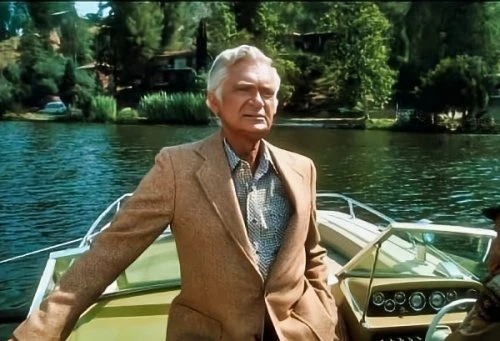
Ebsen gradually stepped away from acting in the late 1980s. His final role was in the 1999 film Breakfast of Champions where he was seen fleetingly. By this time, he was largely retired and focusing on other interests outside of acting. In retirement, he turned to writing and published his first novel, Kelly's Quest (2001), a mystery which reflected his long-standing interest in the genre from his years on Barnaby Jones. He also wrote his autobiography, The Other Side of Oz, which was published in 1993, offering insights into his life and career, including his experiences in Hollywood.
Buddy Ebsen lived a relatively quiet life in his later years, enjoying time with his family. He was married three times and had seven children. His legacy as a beloved television actor remains strong, with fans remembering him fondly for his two most famous roles. He passed away on 6 July 2003, at the age of 95, due to respiratory failure. His death marked the end of a long and varied career which left behind a lasting impact on American television.
Seen this show? How do you rate it?
Seen this show? How do you rate it?
Published on August 19th, 2024. Written by Laurence Marcus for Television Heaven.


